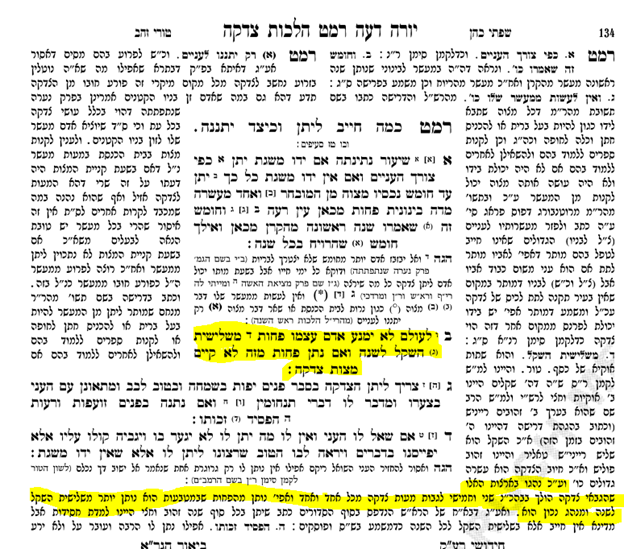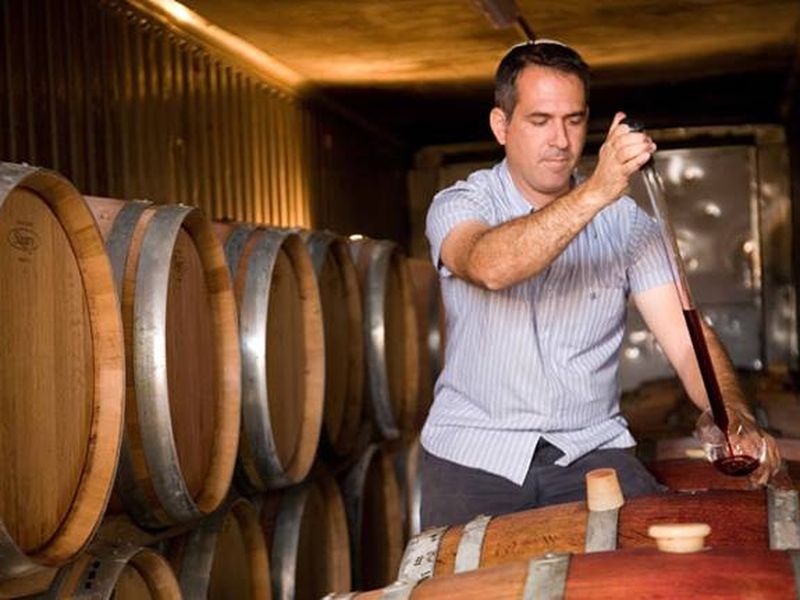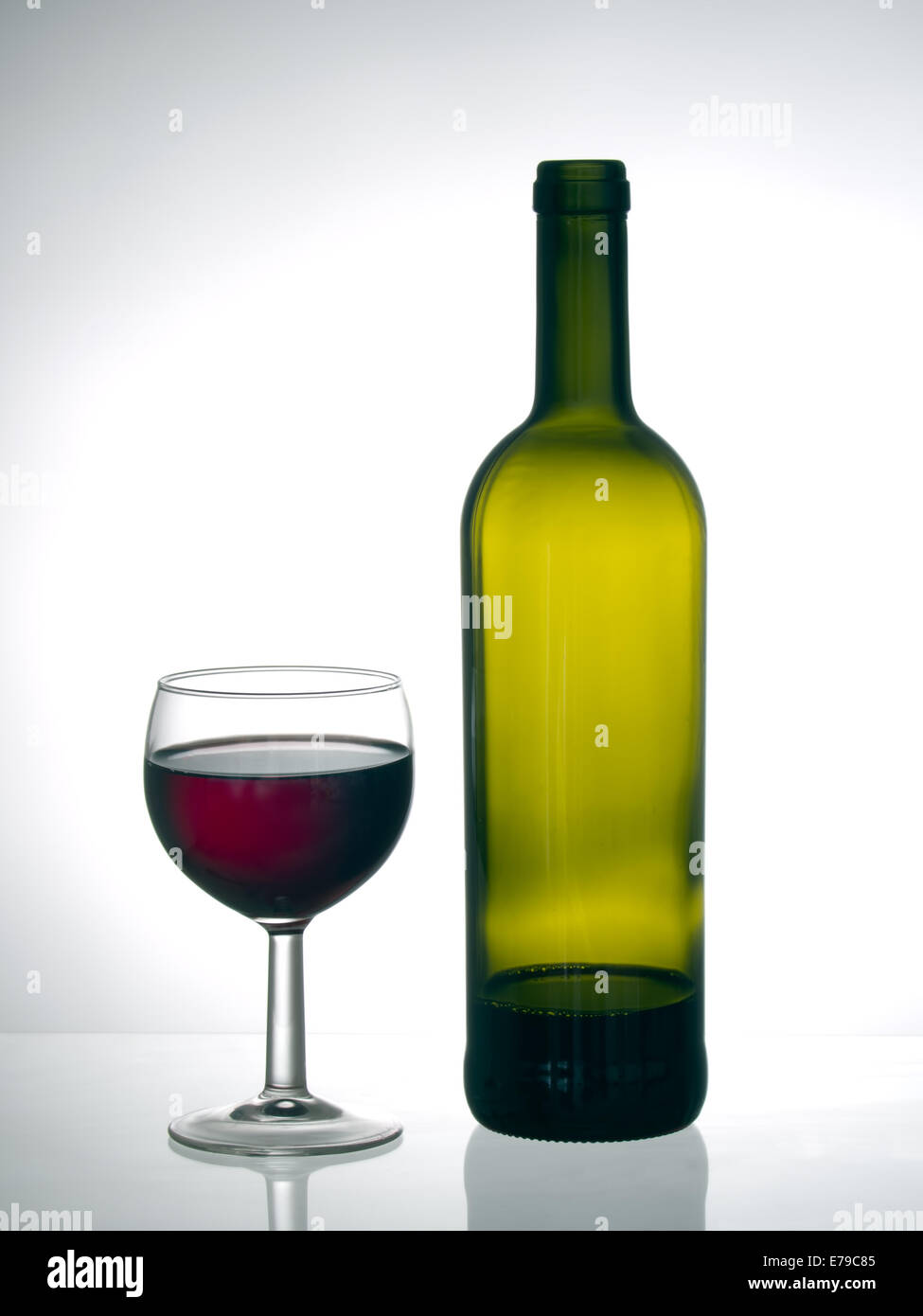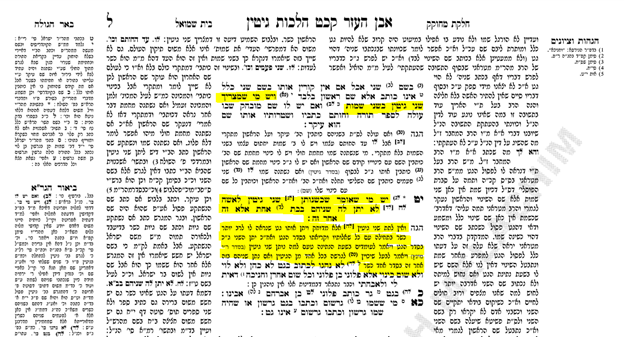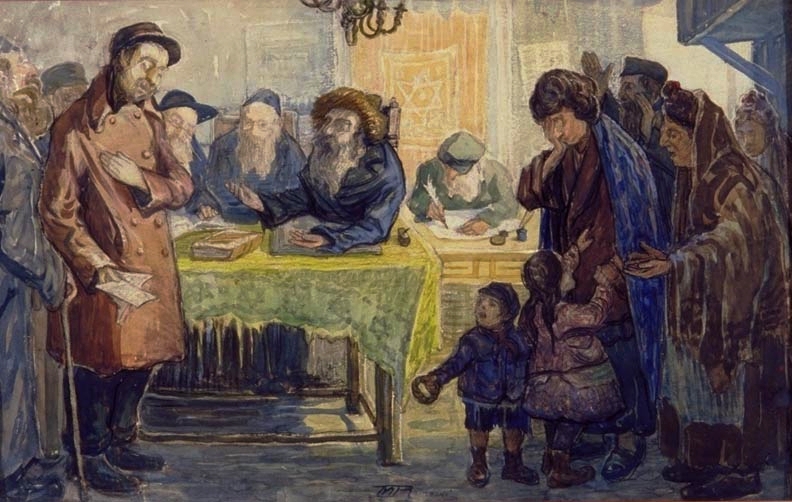BSD
Shkolim 7a
18 Adar 1, 5784. 02/27/24
1 We finished the קדשים topics with our גמרא discussing the מותר (extra) of bread and wine brought by a נזיר.
2- We mentioned an interesting explanation by the כתב סופר on the מחצית השקל and פורים.

Firstly, why מחצית only?
Briefly, בני ישראל when they got involved in the חטא העגל, were split into two groups.
Those that actually worshiped this עבודה זרה, and those that planned to worship the עגל but never got around to it.
The former group were dealt with by the בני לוי or perished in the מגיפה. The latter group was spared and it was to them that the commandment of מחצית השקל was directed.
A מחצית only, since their sin was only במחשבה – a מחצית עבירה, the intent to worship the golden calf. This מחצית השקל was a full a כפרה on the מחצית עבירה .מחשבה.
Now the גמרא relates that when המן ‘purchased’ with עשרת אלפים ככר כסף the rights from אחשוורוש to annihilate בני ישראל, Hashem told him ‘the שקלים’ given by בני ישראל preceded your שקלים!
What is the meaning of this?
Explains the כתב סופר that המן knew that the גזירה upon the בני ישראל was a result of עבודה זרה in the time of נבוכדנצר.
שאלו תלמידיו את רשב”י מפני מה נתחייבו שונאיהן של ישראל שבאותו הדור כליה אמר להם אמרו אתם אמרו לו מפני שנהנו מסעודתו של אותו רשע. אם כן שבשושן יהרגו שבכל העולם כולו אל יהרגו? אמרו לו אמור אתה.
אמר להם מפני שהשתחוו לצלם אמרו לו וכי משוא פנים יש בדבר אמר להם הם לא עשו אלא לפנים אף הקב”ה לא עשה עמהן אלא לפנים והיינו דכתיב (איכה ג, לג) כי לא ענה מלבו: מגילה יב, א

However, he also knew that that particular sin was a result of Jews being forced to bow down to עבודה זרה. In other words, an עבירה with מעשה without מחשבה.
So his calculation was to ‘join’ the lingering half sin from the חטא העגל במחשבה, with the half sin of עבודה זרה במעשה of the time of נבוכדנצר . Combining these two halves המן thought will create a negative ‘full’ עבירה and would be a reason for his scheme to work.
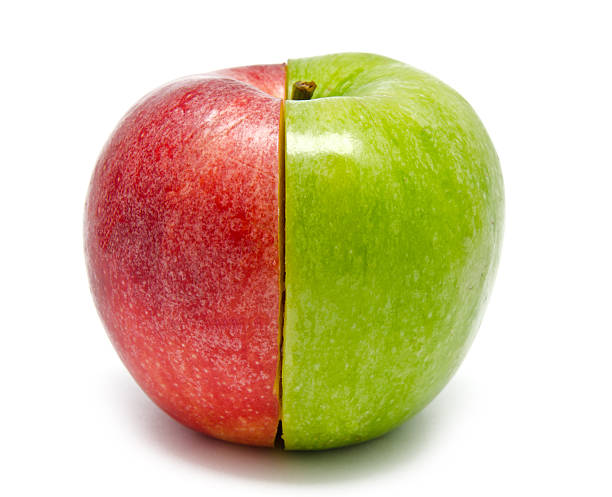
Unknown to him was the Mitzvah of giving a מחצית השקל.
As above, ‘the שקלים’ given by בני ישראל preceded his שקלים and wiped out the מחשבה half. There was a כפרה on the half of the עבירה of the חטא העגל.
What was left was only half an עבירה, the מעשה portion, [the half sin of עבודה זרה במעשה of the time of נבוכדנצר] and therefore the גזירה was נתבטל.
3- The next משנה deals on how to deal with the extra or left over funds from a collection לדבר מצוה such as פדיון שבויים.

We spent some time talking about the unique הלכה of הקדש that as opposed to non-הקדש one cannot gift or acquire an object unless a proper קנין is made.
With הקדש however, just by saying ‘I am gifting this to a Shul’ the object instantly becomes the property of the Shul. This is known as
אמירתו לגבוה כמסירתו להדיוט.
What about צדקה? As the Shulchan Aruch clearly states this rule applies to צדקה as well. See below YD 258, 13,
We also discussed if promising to give a specific amount to צדקה is considered a נדר.

We mentioned the two opinions quoted by the רמ”א (YD 258 13) if one commits mentally to give צדקה but does not utter it – is he obligated to give it?

To be continued BL”N next shiur.
4- A famous and perplexing saying by רבן שמעון בן גמליאל that many have attempted to explain.
תני רבן שמעון בן גמליאל אומר אין עושין נפשות לצדיקים, דבריהם הן הן זכרונן.
Simply translated is that we do not place a מצבה or build a ציון stop a קבר of a צדיק.
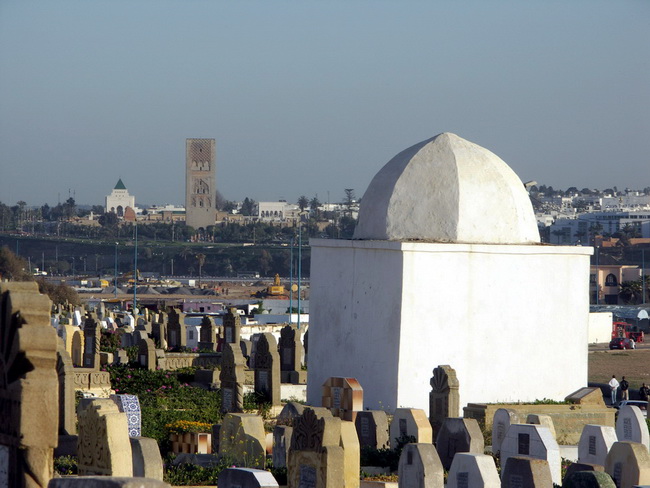
The Rambam writes this להלכה.
(הלכות אבל ד,ד): “ובונין נפש על הקבר, והצדיקים אין בונים להם נפש על קברותיהם, שדבריהם הם זכרונם”.
How does this jive with the long history of Jews placing tombstones or large structures atop the קברים of צדיקים???

5- We mentioned what the כתב סופר (YD 189) said at the consecration of the ציון on his father’s, the חתם סופר, burial place.
A grave site serves a double purpose says the כתב סופר:
A – for the נשמה of the deceased by marking the location of his resting place so people can come and pray for his soul.
B – for the people to know this specific location to pray for themselves.
Now when talking about the נשמה of a צדיק, being a righteous person, he personally has no need for people to pray for his soul since, despite having departed this world, his תורה is constantly being recited. The repeating of his תורה is a constant benefit for his נשמה.

Thus, the only reason to build a ציון is for the benefit of the living.
So the meaning of what רבן שמעון בן גמליאל said, אין עושין נפשות לצדיקים is that a ציון is not built for צדיקים as they don’t need it.
It is only built for those who will come to Daven at his קבר.
We mentioned the fascinating story of how the חתם סופר’s grave survived when the fascists/communists built a road thru the Jewish cemetery in Pressburg/ Bratislava, Slovakia. Much ingenuity was used to preserve this site.
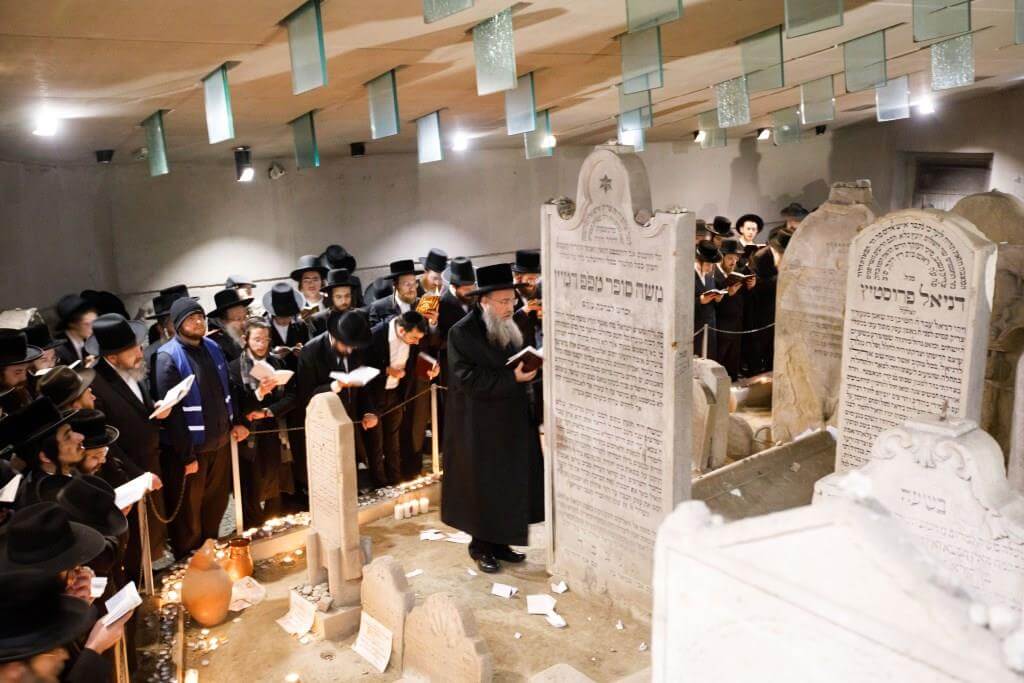
See here and here. If you’re planning a visit, remember to book in advance.

בעל שו”ת כתב סופר (יו”ד סימן קעח) אמר ביום הקמת המצבה על קברו של אביו, החתם סופר, שהתועלת בהקמת מצבה היא גם לנשמתו של הנפטר וגם לאנשים הבאים לפקוד את קברו. התועלת לנשמתו היא בזכרון הנפטר, שלא ישכחו להתפלל בעד נשמתו, ומלבד זאת יש תועלת למתפללים במקום קבורתו של צדיק שבאמצעות המצבה הם מזהים את המקום ויודעים היכן לעמוד ולהתפלל, וכוונת הגמרא היא שאין עושים נפשות לצדיקים לצורך הצדיק, כי אין לנשמתו צורך שיתפללו עליה, שהרי דברי התורה שלה ממשיכים לפעול בעולם, אולם לתועלת האנשים הרוצים להתפלל שם, שידעו את מקום קבורת הצדיק, יש צורך לבנות מצבה על קברו.


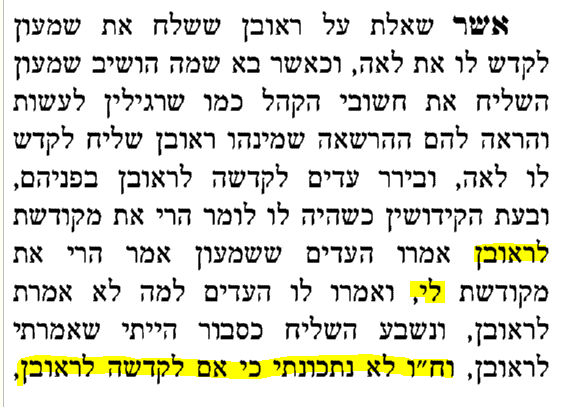
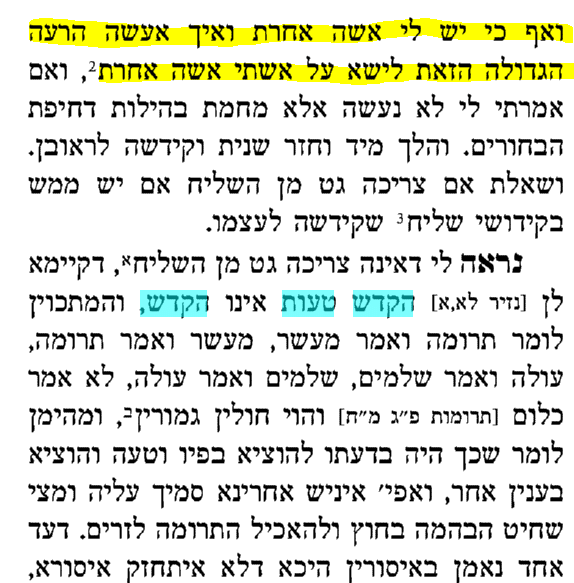
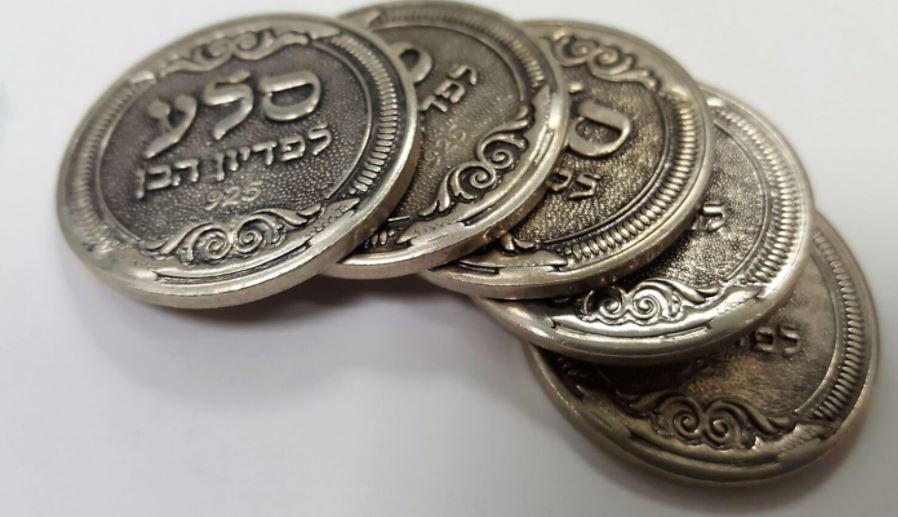

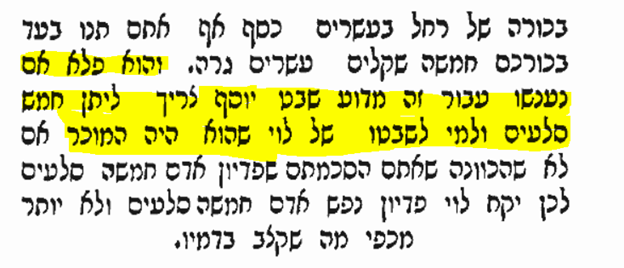


 No
No



